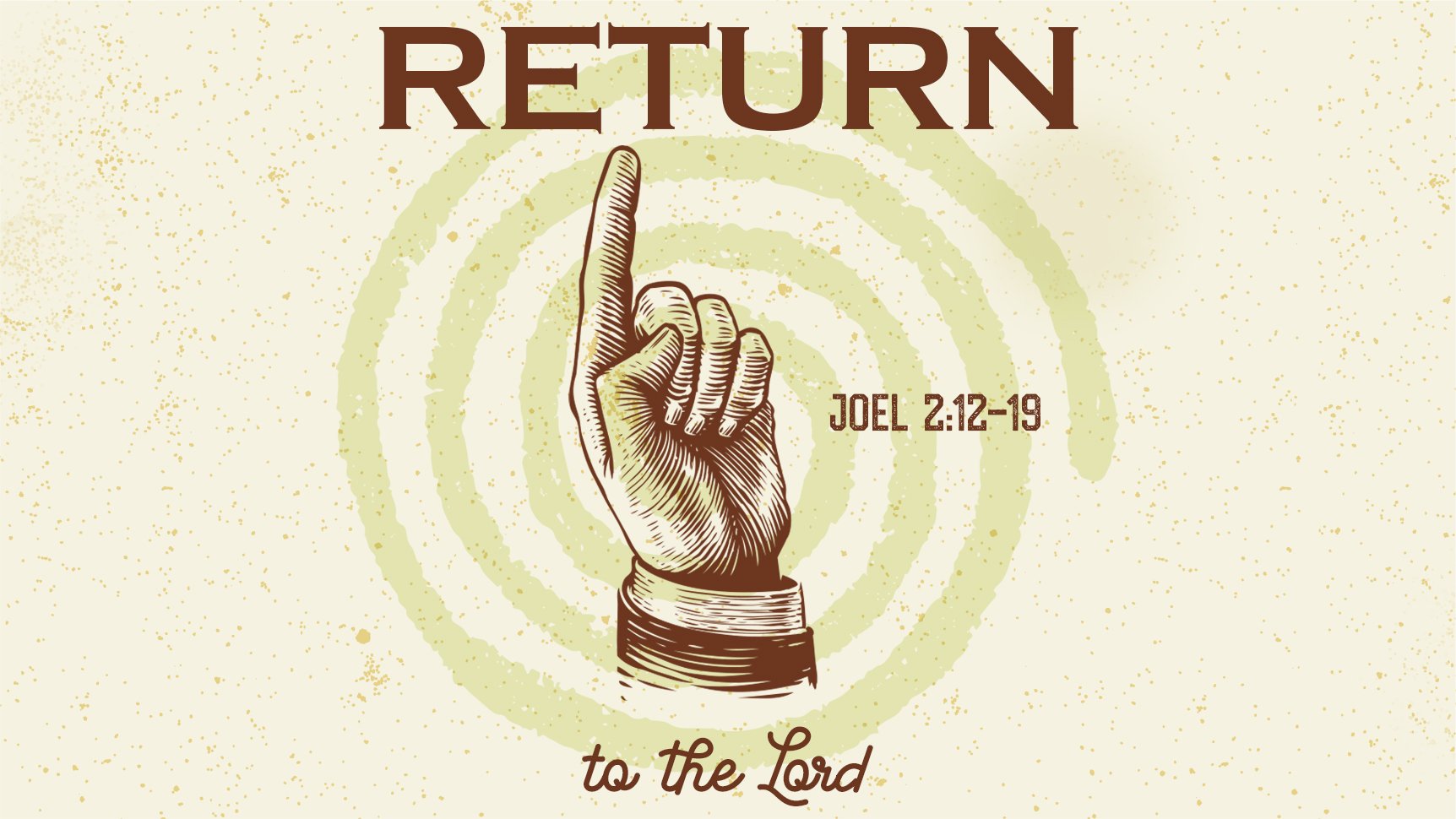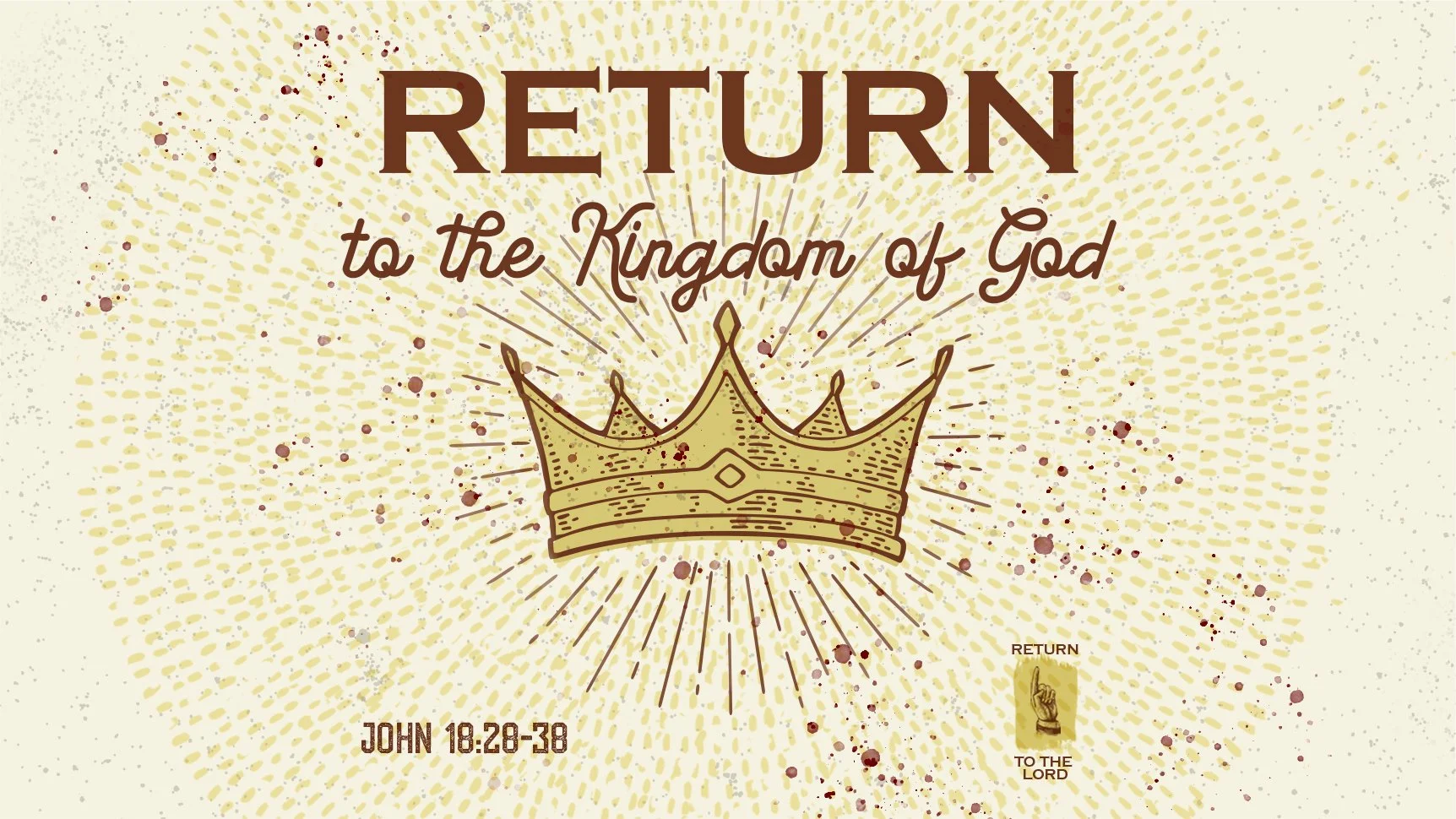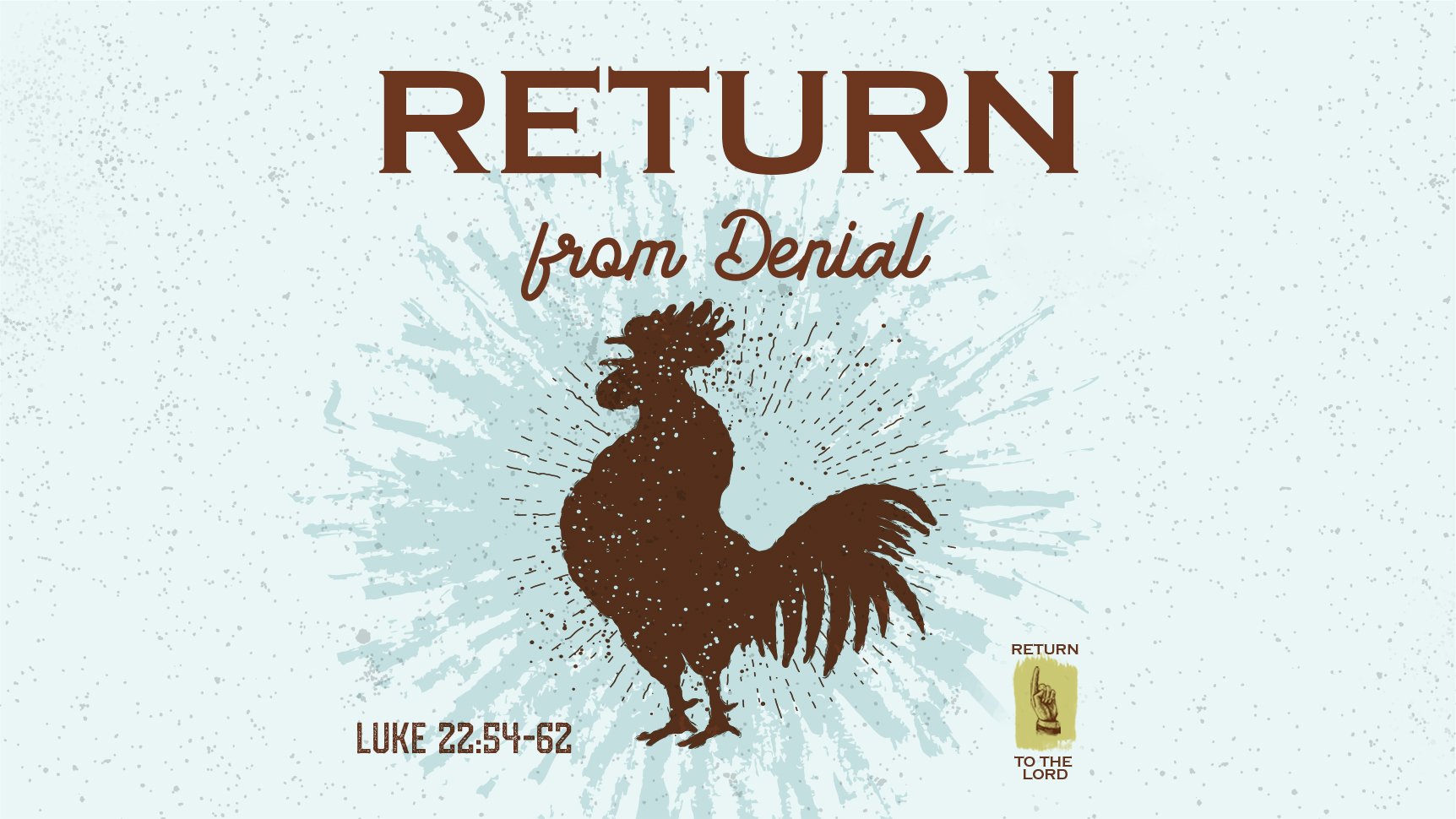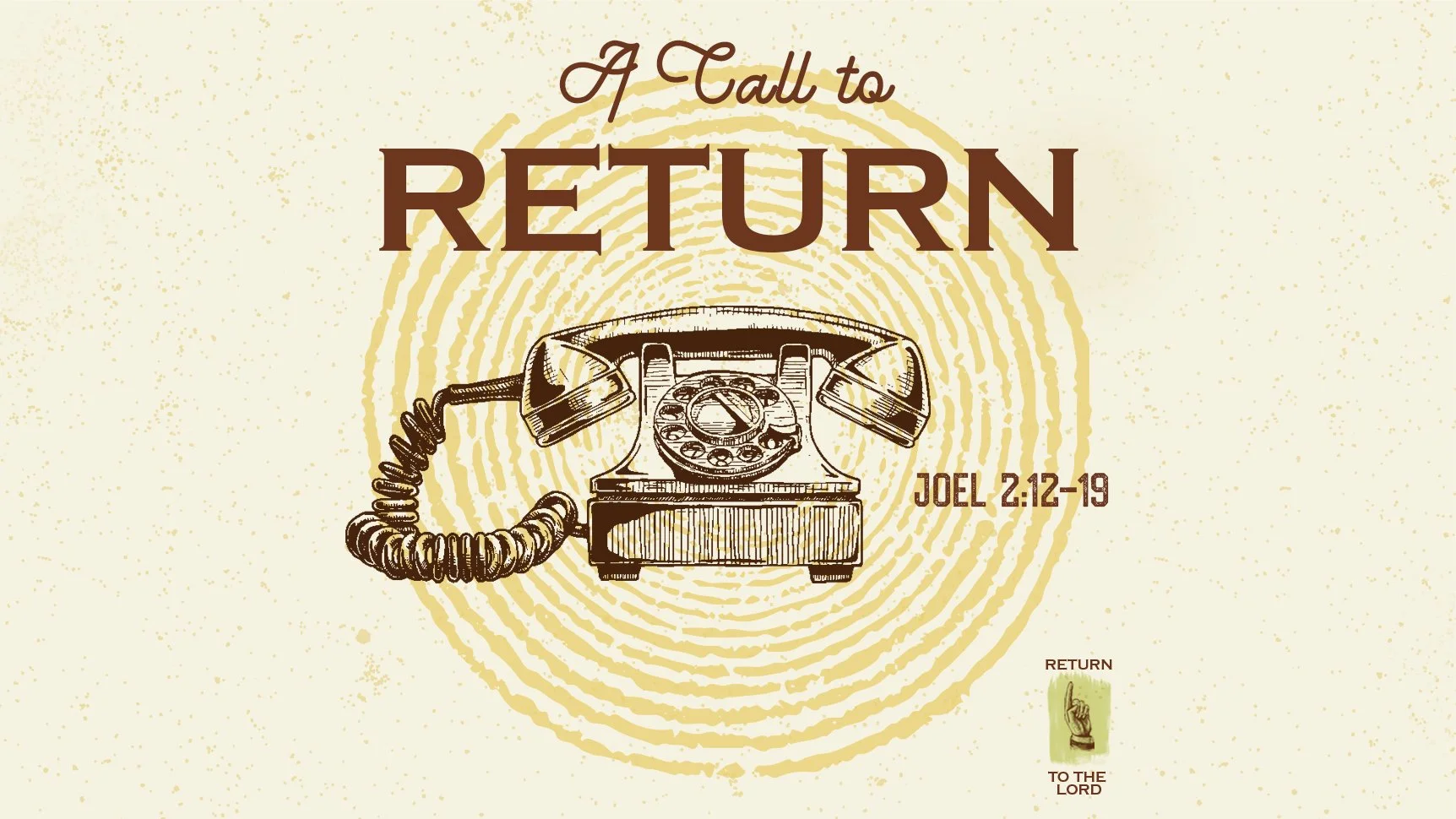Return from False Witness | Seventeenth Sunday after Pentecost |
“...Return to the Lord your God,
for he is gracious and merciful,
slow to anger, and abounding in steadfast love...”
October 2 | 10:45 a.m.
Seventeenth Sunday After Pentecost
READINGS
Psalm 27:11-14
Leviticus 24:13-16
Acts 22:12-16
Matthew 26:57-68
message presented by Rev. Frank C. Ruffatto
+Points to ponder
- Can you recall a time that you gave false witness about someone? How did that get reconciled?
- Can you recall a time that you were the victim of false witness? How did that get reconciled?
- Why do you think so many are quick to bear false witness against their neighbor – even family and our Christian brothers and sisters?
+Sermon Transcript
Grace, mercy, and peace be unto each of you from God our Father and our Lord and King, Jesus the Christ. Amen.
Let us pray: Almighty Father, because without You we are not able to please You, mercifully grant that Your Holy Spirit may in all things direct and rule our hearts; through Jesus Christ our Lord, who lives and reigns with You and the Holy Spirit, one God, now and forever. Amen.
In 1996, the Summer Olympic Games were well underway in Atlanta. People from all over the world had converged in that city to participate and watch some of the finest athletes in the world competing in twenty-six sports.
Eighteen days into the games, Eric Rudolph detonated pipe bombs at Centennial Olympic Park. The blast killed one person and injured 111 others. It was the first of four bombings committed by Rudolph in 1996 and early 1997. Rudolph eluded capture for years but was finally arrested in North Carolina in 2003. Two years later, he pleaded guilty to all four bombings.
But before anyone knew the name Eric Robert Rudolph, the FBI identified an Atlanta security guard named Richard Jewell as a “person of interest,” largely because he was something of a loner and kind-of, sort-of fit a profile of a “lone bomber.” The media had a field day with it, portraying Jewell as a failed law enforcement officer who may have planted the bomb so he could “find” it and be hailed as a hero. It was all false witness.
Once the dust settled, it was clear that Jewell was, in fact, a hero. He had spotted the suspicious backpack, alerted the appropriate authorities, and helped to clear the area of spectators in the thirteen or so minutes before the bomb exploded. Without a doubt, the number of casualties was reduced because of Jewell’s actions.
Unfortunately, the damage had already been done to Jewell’s reputation. His name had been forever connected to the Centennial Park bombing, and if you asked people two or three years afterward who the bomber was, inevitably they would mention his name, even though he had been exonerated. In 2019, a biographical movie about Richard Jewell, directed by Clint Eastwood, was released. It may help to recover some of Jewell’s reputation. Sadly, Jewell died in 2007, so he will never benefit from it.
The Eighth Commandment is simple: “You shall not bear false witness against your neighbor.” I would guess that most of you were taught in your catechism classes that this commandment is mainly about gossip, that our “false witness” most often has to do with the ways we talk about one another to third parties. That’s certainly true, but we cannot overlook the fact that this commandment, in its simplest meaning, has to do with what is said in public courts of justice.
This is exactly what we see in today’s Gospel.
You will recall that we are working through a sermon series focused on Jesus’ Passion and God’s call for us to repent and return to Him. We are looking at several of the events that occurred along the way as Jesus went to the cross for our salvation. We are examining the sins committed. The idea is that these events can help you to recognize your own sinfulness and help you to hear God’s call to return to Him as a loving word spoken to you as a child of God. He invites you to trust in Him for your salvation, won for you on the cross.
Our Gospel takes us to a dark place. Jesus has been betrayed by Judas Iscariot. The temple guards have seized Him and hauled Him to Caiaphas the high priest, and all of the scribes and elders had gathered. They have decided that they are going to put Jesus to death, presumably in order to protect their own power and position. And they are determined to complete this task by any means necessary. “Now the chief priests and the whole council were seeking false testimony against Jesus that they might put Him to death.”
It is worth stopping right there to simply ponder that sentence for a minute. They were actively looking for someone to offer lies under oath with the intention of putting Jesus to death.
How evil do you have to be that you are willing to seek false testimony in order to kill someone?
But it gets worse. Matthew says, “They found none, though many false witnesses came forward.” How evil do you have to be that you are willing to offer false testimony, knowing full well that it is intended to lead to another person’s death?
All that aside, these actions clearly conflict with the Eighth Commandment in its most obvious meaning. “You shall not bear false witness against your neighbor” is, first and foremost, about testifying falsely in court against another person.
So, we observe the sin that comes out in the trial. But we don’t really feel it, not in a personal way, because most of us have never been put in a position where we have to testify in court against someone else, falsely or otherwise. But Luther, as he does so well, stretches our understanding of the commandment, and in doing so, brings the weight of the Law down on us.
The commandment, he says, forbids all sins of the tongue by which we may injure or offend our neighbor. He writes: “It is a common, pernicious plague that everyone would rather hear evil than good about their neighbors. Even though we ourselves are evil, we cannot tolerate it when anyone speaks evil of us; instead, we want to hear the whole world say golden things of us. Yet we cannot bear it when someone says the best things about others.”
Gordon MacDonald shared “One time, [about] 20 years ago, I was in Japan on a speaking tour with a close personal friend. He was a number of years older than I was. As we walked down the street in Yokohama, Japan, the name of a common friend came up, and I said something unkind about that person. It was sarcastic. It was cynical. It was a put-down. My older friend stopped, turned, and faced me until his face was right in front of mine. With deep, slow words he said, ‘Gordon, a man who says he loves God would not say a thing like that about a friend.’
He could have put a knife into my ribs, and the pain would not have been any less. But you know something? There have been ten thousand times in the last 20 years that I have been saved from making a jerk of myself. When I've been tempted to say something unkind about a brother or sister, I hear my friend's voice say, ‘Gordon, a man who says he loves God would not speak in such a way about a friend.’
Our false testimony often consists of the rumors and innuendos that we utter about other people. The whispered ‘did you hears’ and the murmured ‘you’re not going to believes’ that slip off our tongues. The half-truths and outright lies we speak about brothers and sisters without ever speaking directly to them. The slander and backbiting we too often delight in sharing.
Luther boils it down like this: “No one shall use the tongue to harm a neighbor, whether friend or foe. No one shall say anything evil of a neighbor, whether true or false, unless it is done with proper authority or for that person’s improvement.”
We have all, at one time or another, broken this commandment. You have broken this commandment. And you are deserving of punishment for that sin. Each of us has, and each of us is.
But God calls you to a different path. He invites you to return to Him. Turn and leave behind your sins of false witness and see that He has something different in mind. God protects your reputation through the kind words that others speak about you. And He encourages you to be part of it.
To know, first of all, that Christ endured all of that false witness in Jerusalem in order to reconcile you to God and win forgiveness for all your false witness. And, second, to empower you to speak the best about others, to help protect their reputations, and to always put the best construction on everything. Much like Paul after his road-to-Damascus conversion, when he was empowered to turn from his own false witness about Christ in order to speak the very best about our Lord and Savior.
You can too, and you get to, all because of what Christ has done for you. Return to the Lord your God. Receive His love and forgiveness. Turn aside from your sins and serve the Lord with all your heart. He will not forsake you. Amen.
“May the God of hope fill you with all joy and peace in believing, so that by the power of the Holy Spirit you may abound in hope.”
ABOUT THE SERIES
In the Book of Joel, the prophet paints a vivid picture of the coming judgment of God, the Day of the Lord. The imagery is bold and terrifying. Joel’s prophecy has teeth even today as wars rage, natural disasters threaten and destroy, and our culture seems to be unraveling.
But right in the middle of this frightening portent, we find a tender invitation from the Lord: “Return to the Lord your God, for He is gracious and merciful, slow to anger, and abounding in steadfast love; and He relents over disaster” (Joel 2:13). God’s invitation and promise finds its fullness in Jesus Christ, who personifies and accomplishes all that God declares.
During this series, we will consider the theme “Return to the Lord” and examine how the call to return played out in practical ways for the people who walked alongside Christ as He demonstrated and carried out God’s grace and mercy on our behalf, taking God’s wrath upon Himself, setting the stage for God to “turn and relent, and leave a blessing behind Him” (Joel 2:14).
Join us for the Return to the Lord series at Redeemer.











